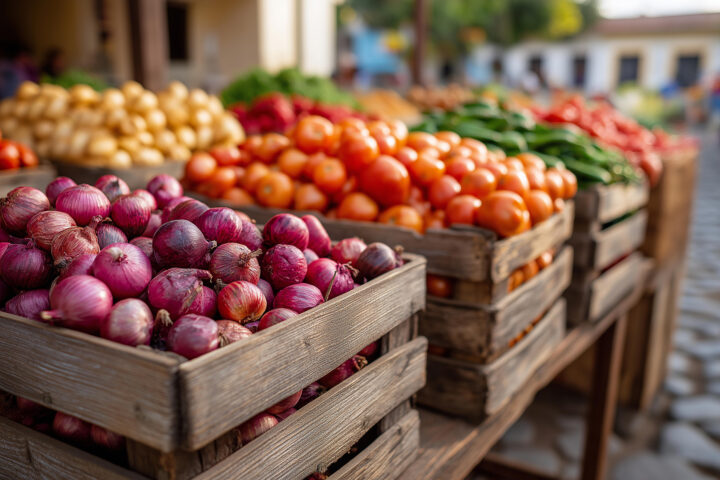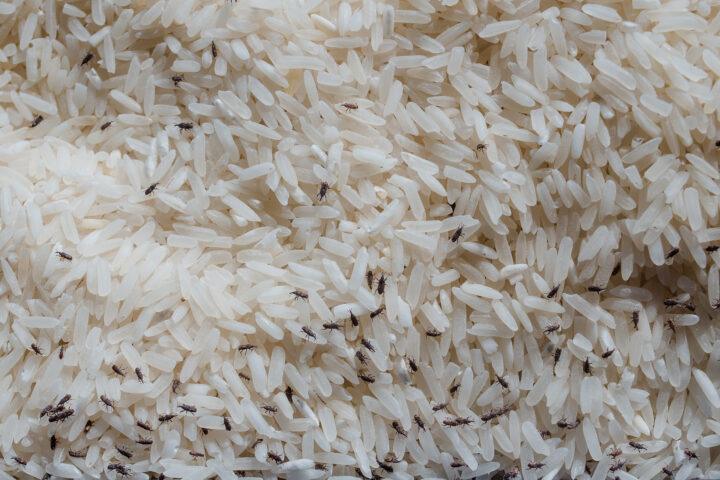
700 Pesticides Await Regulatory Approval
In Switzerland, a significant backlog of pesticides is pending approval from regulatory authorities, who are struggling to keep pace with the demand. This delay has serious implications for both the agricultural sector and environmental sustainability.
Wednesday, November 30, 2022
According to the Swiss newspaper "La Liberté," around 700 new pesticide products are currently in the queue for regulatory review. Until approved, these products remain unusable, affecting farmers' ability to protect their crops. For instance, during the wet and chilly summer of 2021, numerous vineyards suffered complete losses due to an outbreak of downy mildew. While a product exists that could effectively combat this disease and is already approved in the EU, it has yet to receive authorization in Switzerland. As a result, while vineyard owners in the Schaffhausen region could only watch their crops deteriorate, their German counterparts successfully shielded their vineyards using a product still pending approval in Switzerland.
Slow-Paced Regulatory Procedure
In the European Union, the average timeline for pesticide approval ranges from one to three years, with well-defined deadlines. In contrast, the Swiss process can stretch up to five years or more, often leaving companies uninformed about the status of their applications. This sluggishness prevents the introduction of newer, environmentally friendly pesticides, even though the agricultural sector urgently needs them. "Swiss farmers lack access to modern, innovative, and sometimes even organic pesticides," states Beat Werder, a media spokesperson for Syngenta, in an interview with "La Liberté." A 2019 KPMG report highlighted that staffing shortages among regulatory bodies are a key reason behind these delays. Although Parliament has since allocated additional resources, this hasn't solved the underlying issue.
Revoking Old Before Approving New Ones
Complicating matters further, advocacy groups can intervene in the approval process since 2018, adding another layer of complexity and delay. This had dire consequences last year for sugar beet producers, as Pierre-André Page notes, "We couldn't use a non-approved product, and as a result, our sugar beets died. Swiss sugar factories had to resort to importing European beets treated with this very product." Farmers across the board face similar issues, often seeing existing approvals revoked before newer, more effective, and environmentally friendly alternatives get the nod. This has a detrimental impact not just on their yield but also on environmental sustainability.
Pesticide Risks on the Decline, But Concerns Remain
Complicating matters further, the right of associations to file complaints has hampered the approval process. Since 2018, environmental groups have been able to intervene in the regulatory process, adding another layer of complexity and causing further delays. This bottleneck became evident last year when sugar beet farmers lamented their dying crops, stating, "We couldn't use a product that hadn't received Swiss approval. Swiss sugar factories had to import European beets treated with that very product," notes Pierre-André Page. Numerous farmers face similar challenges as previously approved products are phased out before new, often more effective, and eco-friendly alternatives gain approval. These delays have catastrophic impacts on agricultural yields and offer no benefits to the environment.
Sales volumes per pesticide active ingredient
Based on the active ingredients according to Annex 1 of the Plant Protection Products Regulation (SR 916.161) for the respective year.

Sources
Kindly note:
We, a non-native editorial team value clear and faultless communication. At times we have to prioritize speed over perfection, utilizing tools, that are still learning.
We are deepL sorry for any observed stylistic or spelling errors.
Related articles

Why cutting out synthetic pesticides will reduce food production
The UK’s action plan to reduce pesticide use could backfire, warns agronomist Greg Dawson: overly strict regulations may make domestic farming unprofitable – and increase the United Kingdom’s dependence on imports.

Approval studies for plant protection products are science-based
The approval of plant protection products in Switzerland is subject to strict legal requirements. Ultimately, this approval process is based on scientifically sound studies. These studies are financed by manufacturers, but they must comply with clearly defined governmental requirements and controls. The aim is to ensure reliability and independence.

Grain beetle eats its way through Swiss grain stores
The grain beetle is spreading in Swiss grain stores. Introduced via international trade, it threatens harvests and impairs food quality.

New problem: soft bugs, native pests discover fruit and vegetables
Soft bugs are spreading at lightning speed in fields and greenhouses in southern Germany. These pests are destroying fruit and vegetables and pushing agriculture to its limits. Effective plant protection products must be found urgently to safeguard harvests.

